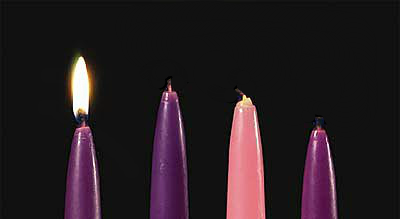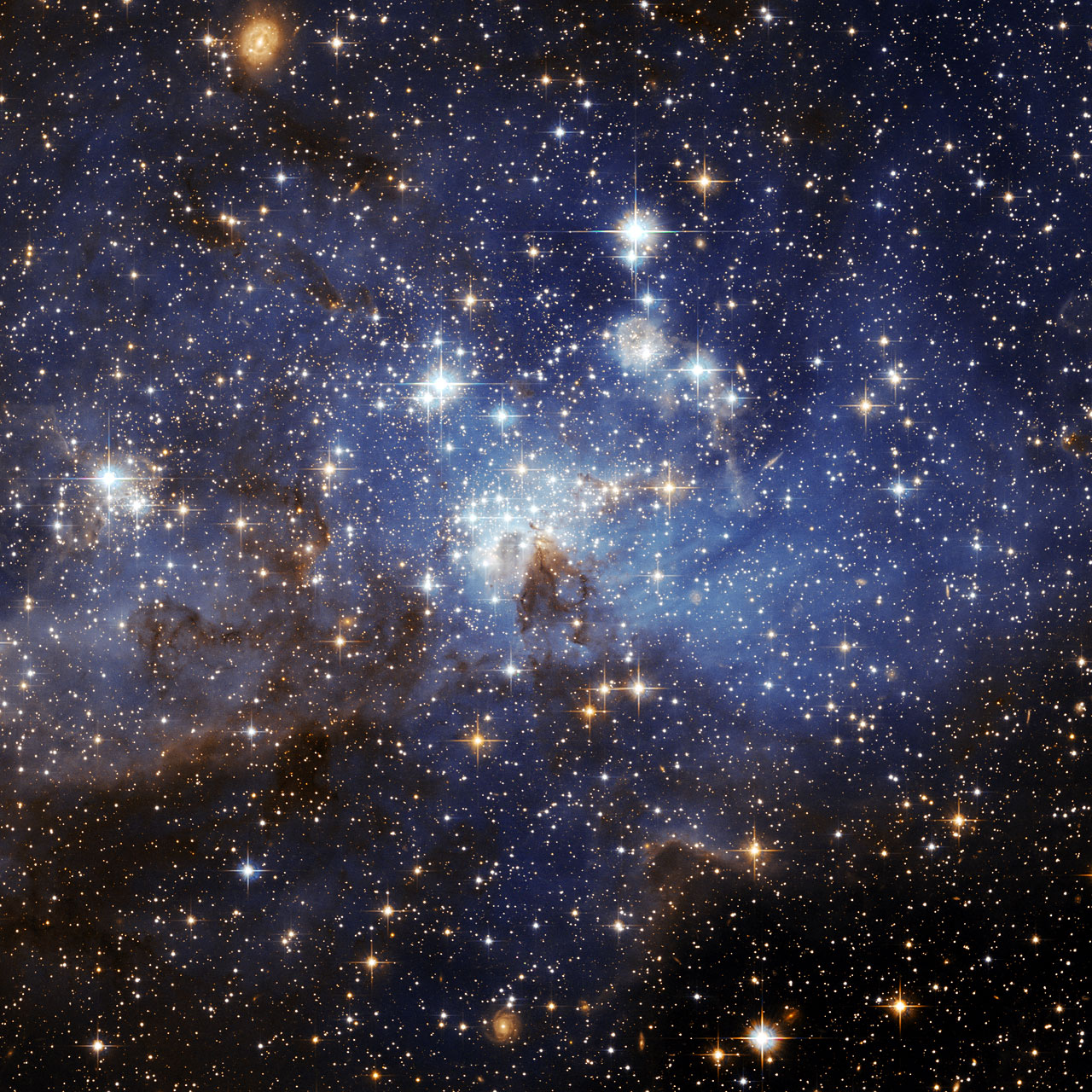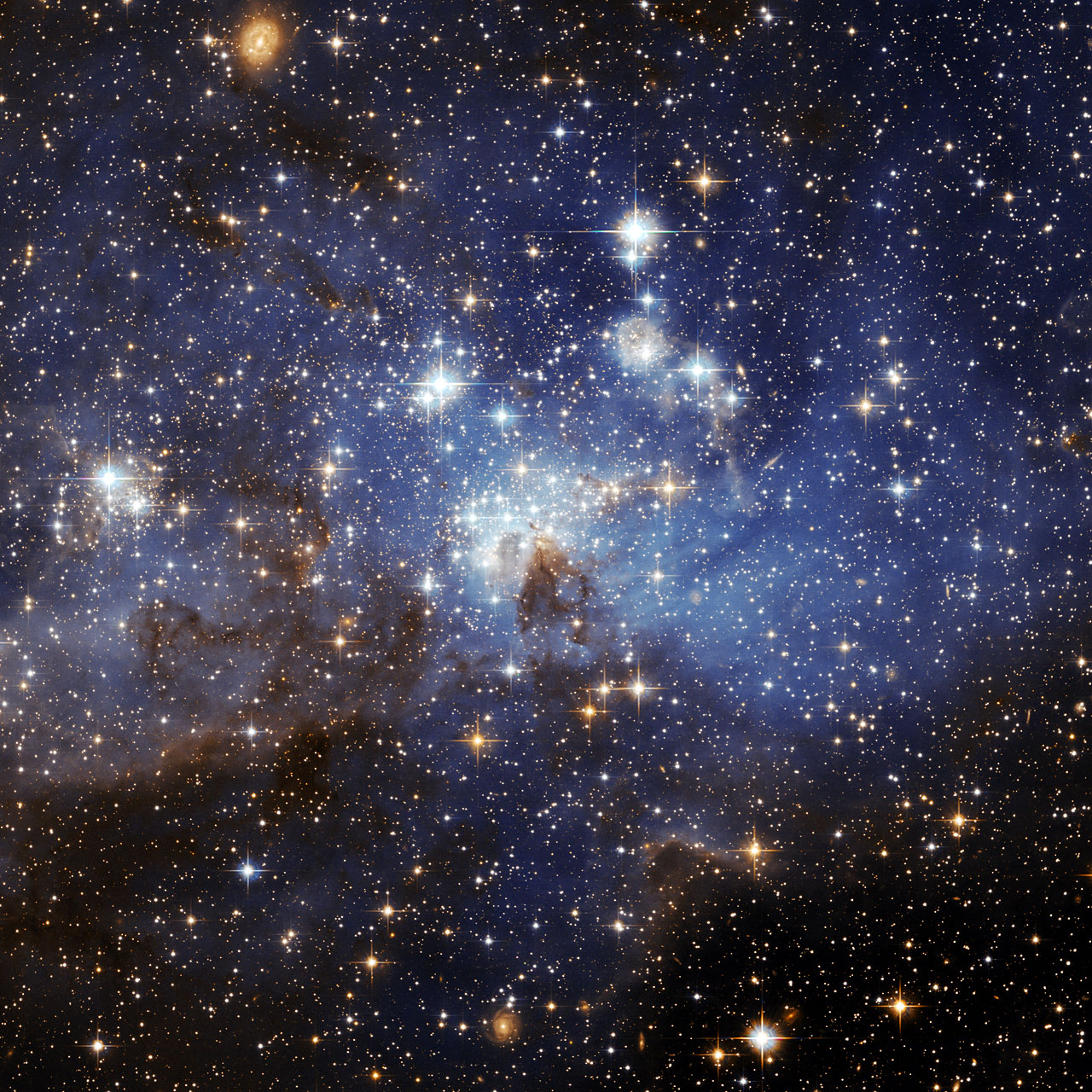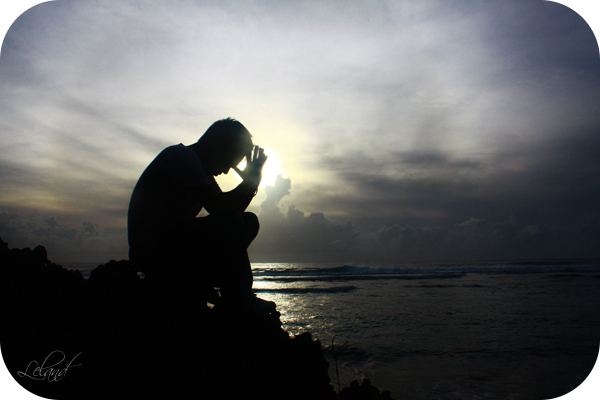“Lord, it is nearly midnight and I am waiting for You
in the darkness and the great silence.” – Thomas Merton

Incarnation happens all around us. It happens when we see a rainbow; when we receive communion; when we make a decision. Incarnation is always evolving: God being made present in new ways. The divine permeates all things and even comes to expression in our choices. But it’s often far from easy. We may feel we’re in the dark like Thomas Merton, waiting for a sign or a flicker of light. We may, on the other hand, feel like we’re in a whirl of confusion, feelings, emotions, and choices. These things are the raw material of discernment. Advent is a time of patient waiting and pondering. Perhaps this prayer of Thomas Merton describes your feelings:
My God, I frankly do not understand Your ways with me. You fill me with desires that people have been canonized for having and for carrying out. Then You tell me not to carry them out, and You tell me in such a way that it would seem to be a sin if I carried them out. Then You make the desires grow more and more until they consume the very foundations of my life. Are You trying to kill me?
Such feelings can be frustrating! Saint Ignatius offers a meditation that begins the incarnation, ultimately leading to Jesus’ birth.
 The universe booms into being. Earth forms and cools. Human beings inhabit the planet and evolve. The Trinity looks down upon the earth and observes life: the rich and the poor, the starving and the fed, the peace and the violence, the building and the division, the joy and the mourning, people giving birth, others murdering, some giving, others aimless and without direction, some laughing, others in despair, some praying, others cursing.
The universe booms into being. Earth forms and cools. Human beings inhabit the planet and evolve. The Trinity looks down upon the earth and observes life: the rich and the poor, the starving and the fed, the peace and the violence, the building and the division, the joy and the mourning, people giving birth, others murdering, some giving, others aimless and without direction, some laughing, others in despair, some praying, others cursing.
Peering through God’s eyes, make note of the situation before you in your life, the decisions, the feelings and fears and excitements, even if they’re conflicting. Dive into the messiness of your creation.
The Trinity simply observes creation for what it is. God continues loving the world despite any chaos. Finally, the Trinity decides to intervene and send the Second Person to be a beacon of hope, a light for the darkness. “The days are coming, says the Lord, when I will fulfill the promise I made to the house of Israel and Judah.” (Jeremiah 33:14) Creation is awaiting the Messiah. There is hope for an answer, a making right.
Whatever decision may be before you, you are likely in one of three states:
- The first is a time of absolute clarity where no doubt exists. It’s like when Paul fell off his horse or when Jesus approached Matthew and said, “You, come follow me.” If you’re in this state there is no need for discernment since you have absolute clarity. This is rare.
- The second state is a time where certainties and doubts abound encompassed with varying feelings and emotions, consolation and desolation. It’s the kind of confusion Thomas Merton felt in the prayer above and the kind of confusion you may have felt when viewing the world through the eyes of the Trinity. This is a good state for making discernment: full of raw material. The language of God lies within.
- The third state is a place of calm. We neither feel consolation and peace nor desolation and disquiet. Thinking is clear and without distraction. This is a good time for reasoning discernment. If you’re not in any of these three states, it might be best to wait out any pulls you feel toward one extreme. There’s no need to rush.
Sit with the rawness, without judgement. Observe. There is no need to jump to an answer. The beginning of discernment begins with observation, the collecting of all that is in your heart and mind. Place it before God in patient waiting.
Music: May You Find A Light, The Brilliance
Podcast Music by Kevin MacLeod









I couldn’t find a link to play it on sound cloud
Janet – You can access the four week’s of audio here: https://godinallthings.com/discerning-advent/